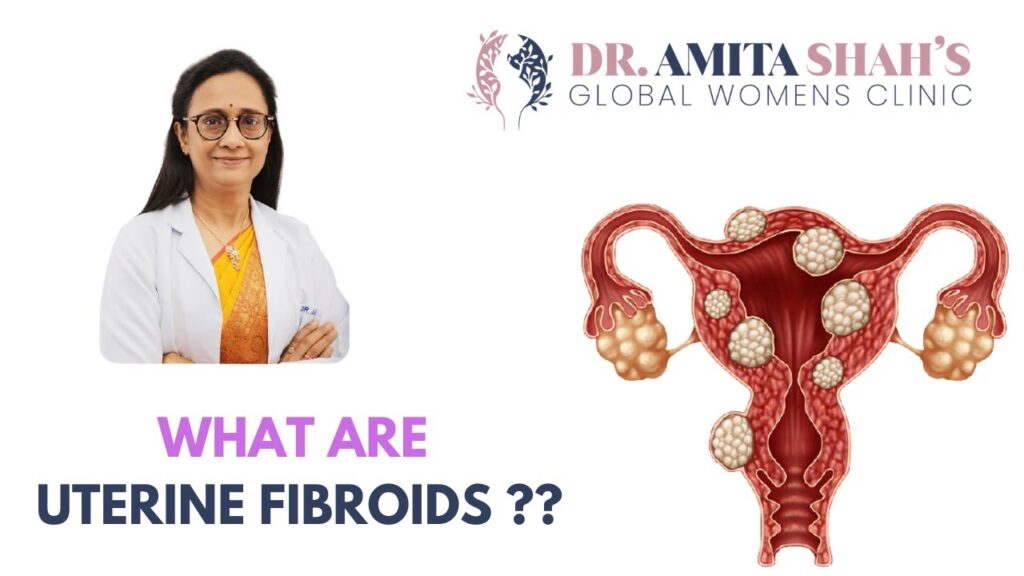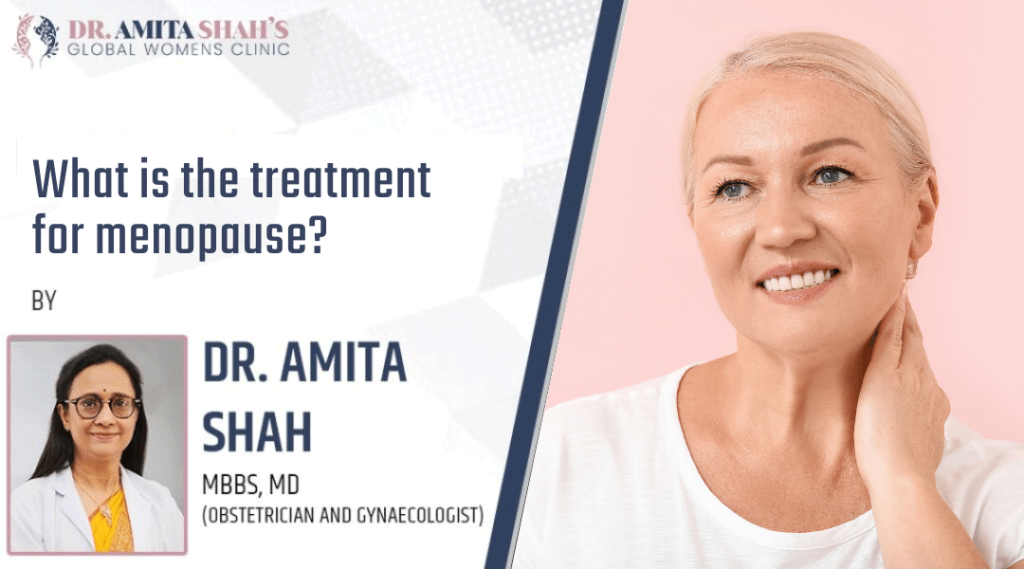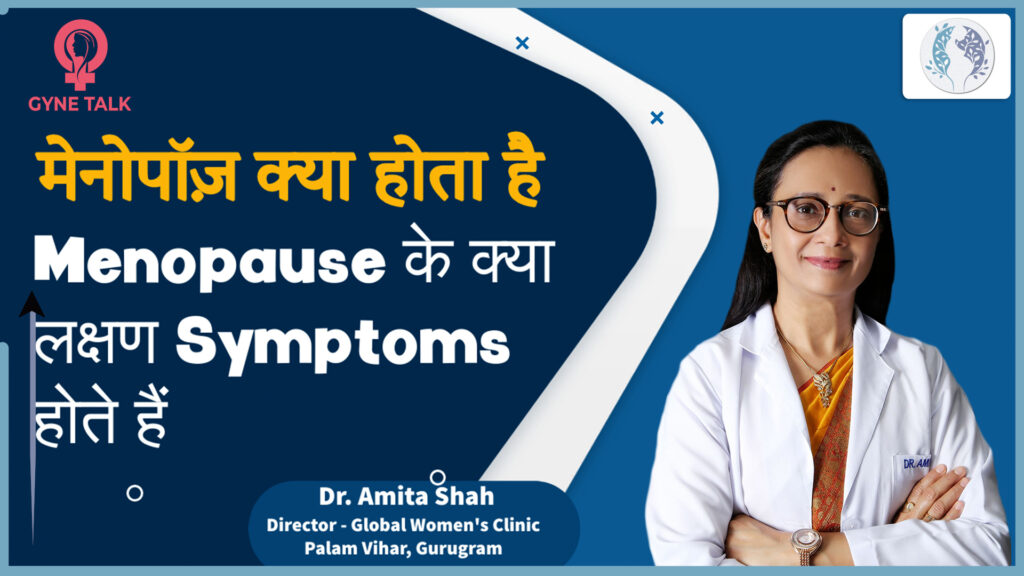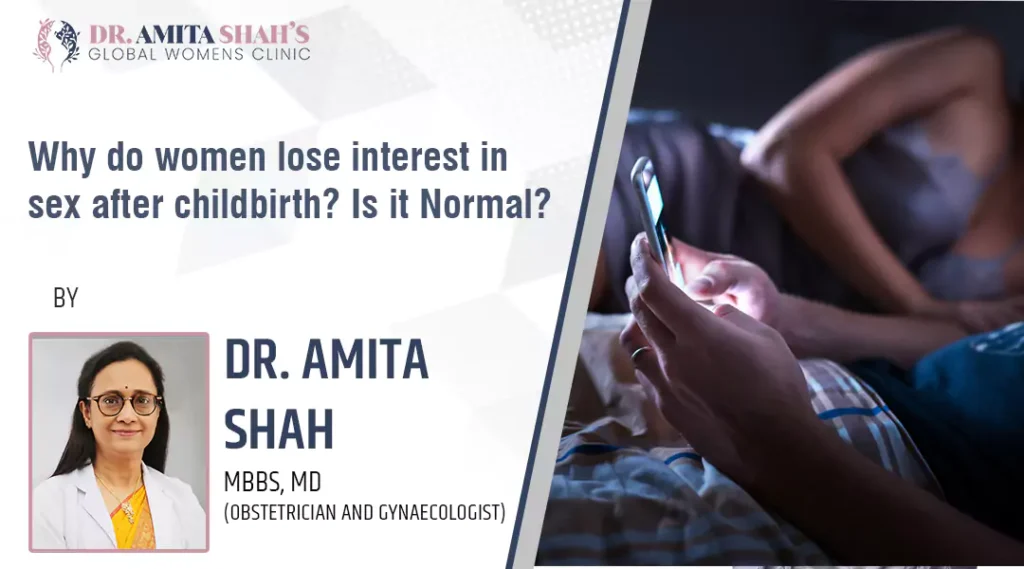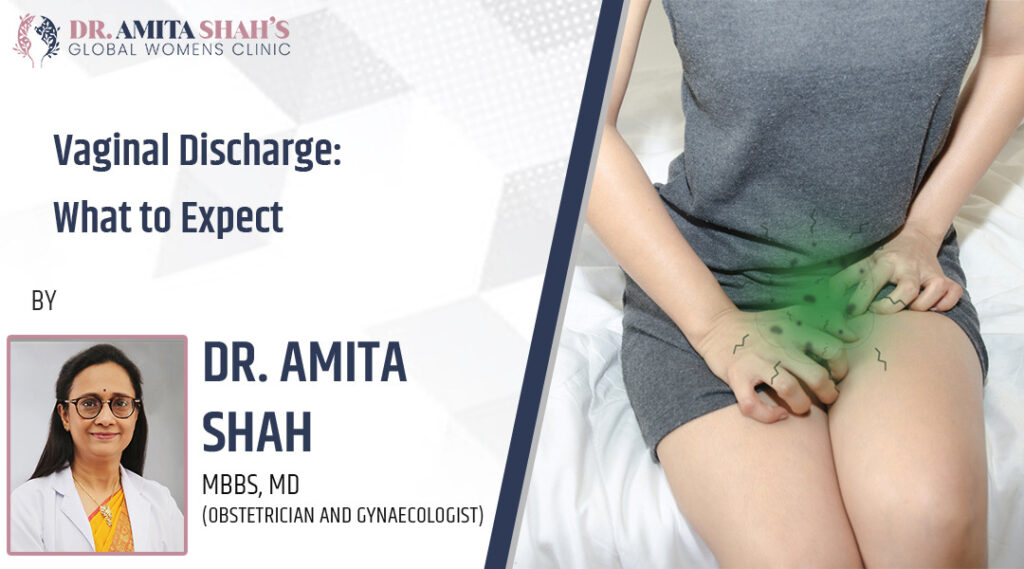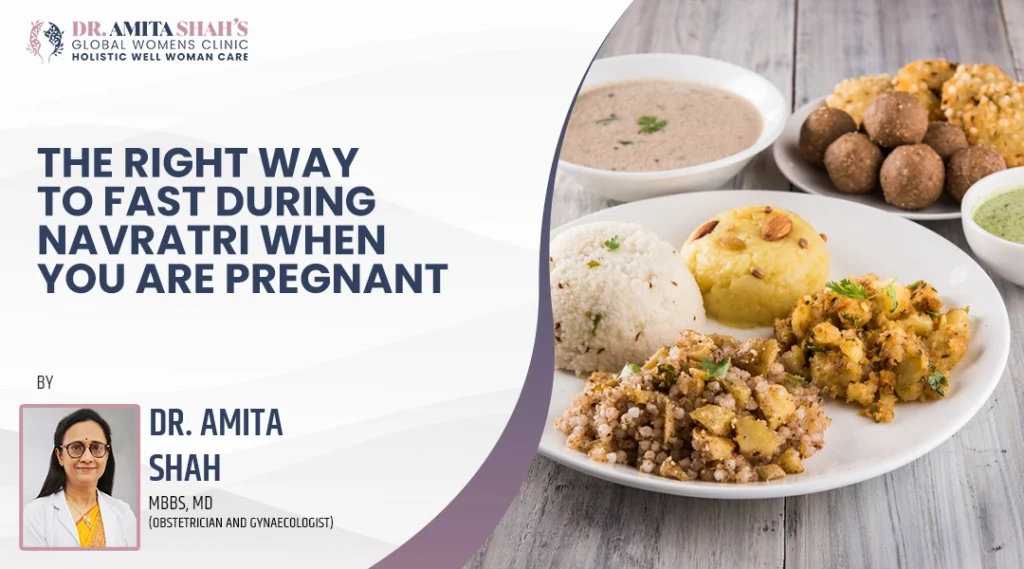Uterine fibroids are painless lumps in 50% of females approaching menopausal age. They are non-cancerous growths. They vary in size. The common symptoms are heavy periods, fatigue, pain and anaemia.
What are the common signs of Fibroid shrinking?
An expert can help you with the accurate diagnosis of your fibroids. Fibroids are not life-threatening and cause mild discomfort during cycles. However, a degenerating fibroid can be troublesome.
You may experience the following symptoms:
- 1. Severe pain in the pelvic region. This pain can last from a few days to a few weeks.
- 2. Discomfort while walking
- 3. Excessive bleeding
- 4. Exert pressure on the bladder and cause frequent urination
Changes in these symptoms are seen as the fibroids degenerate into small fragments and regain the blood supply. The fibroids began to grow again. As soon as it happens, the pain gets sub-sided. But these fibroids grow back, and you can feel all those symptoms again. This cycle necessitates the need for treatment.
How to prevent fibroid degeneration?
The most effective way to prevent fibroid degeneration is to treat them when they are small. As they tend to reoccur, regular scans are highly recommended.
Healthy lifestyle changes also help to prevent the formation of fibroids. Dietary changes play an active role in improving the symptoms of fibroids. Include this food in your diet:
- High fibre content: Food items such as broccoli, carrot, oranges, and papaya have high fibre content that removes excess estrogen and controls the metabolic rate.
- Whole grains: Buckwheat, Oats, and Millets are excellent sources of soluble fibre.
- Green leafy vegetables are excellent sources of Vitamin K which reduces menstrual bleeding.
- Food rich in antioxidants like blueberries, raspberries and eggplants also helps.
How to treat Fibroids?
Treating Small Fibroids with Pills
Small fibroids can be managed by oral medications like OCPs, Tranexamic acid and hormonal therapies that maintain hormones and prevent symptoms like heavy periods. Even if your symptoms subside, we recommend you to visit us
Alleviating pain: Pain can be relieved by NSAIDs. Different NSAIDs aim at various organs and reduce discomfort.
Surgical options: Uterine fibroid embolization is an advanced technique where small pellets are inserted inside the uterus and block the fibroids’ blood supply. Fibroids devoid of blood supply shrink and die. This procedure has a high success rate in removing fibroids and prevents reoccurrence.
Endometrial Ablation: It is a more suited option for women over 45 years who are not planning any pregnancy. In this method, an instrument is inserted inside the uterus and destroys the uterus lining.
Hysteroscopic Myomectomy: Fibroids are removed by instruments inserted through the vagina, crossing the cervix and reaching the uterus.
Hysterectomy: It is the removal of the uterus Fibroids can exert a negative impact on physical and mental health. Delaying will only worsen the symptoms. Dr Amita Shah offers the best Fibroid Treatment in Gurgaon. You need not go through excruciating pain caused by fibroids.



